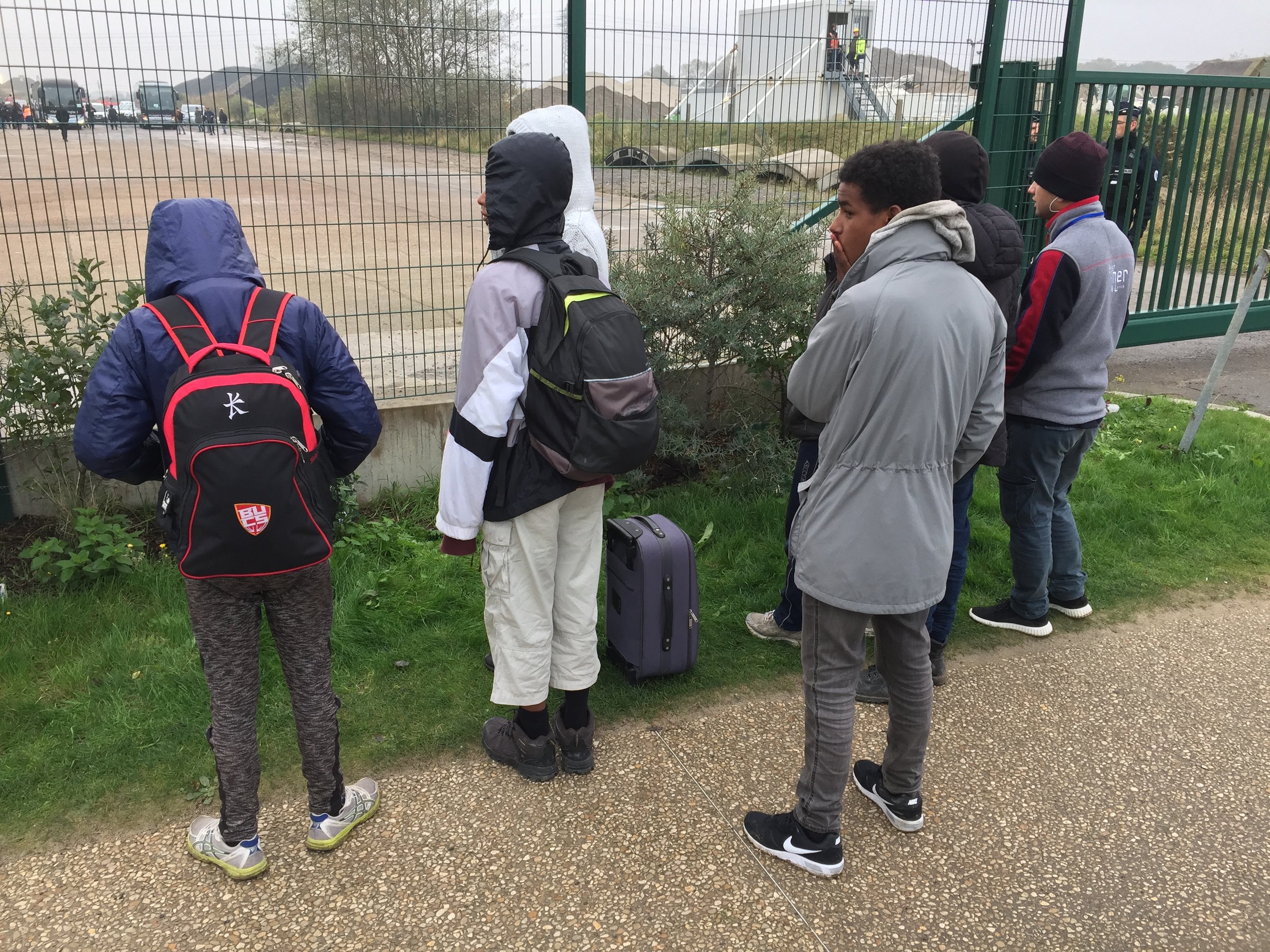Government's Request To Refuse Family Reunion Denied
The Home Office’s application to stay Judicial Review proceedings on the cases of two refugee children affected by the Home Office’s policy on transfers of unaccompanied minors from France to the UK for purposes of family reunion at the time of the demolition of the Calais camp was refused today by the Upper Tribunal (Immigration and Asylum Chamber).
The Home Office had requested that the cases of these and other individual children affected by the policy, whose requests to be admitted to the UK were rejected in the course of an ‘accelerated process’ initiated by the Home Office in October 2016, be deferred until after a systemic challenge to the policy brought by Citizens UK had been determined.
In his judgment the President of the Upper Tribunal (Immigration and Asylum Chamber) Judge McCloskey ruled that the children’s cases needed to be decided expeditiously and that their individual rights should not be prejudiced by the systemic challenge, which is due to be heard on 23-24 May 2017 and would be likely to cause a delay of at least three months in the cases of these children if stayed.
He refused the stay applications and ordered the hearings of the cases to be expedited.
The stay applications before the court related to the cases of two boys currently in France, whose requests to join family members had been assessed and then rejected by the Home Office in an accelerated process that bypassed the accepted Dublin III procedures in France. They have since waited for months in reception centres in France with no explanation regarding the manner in which the decisions in their cases had been reached or regarding the procedure for a review of those decisions. One of the boys who is seeking to reunite with his brother in the UK heard that his right to do so was now accepted by the Home Office following correspondence undertaken on his behalf by UK lawyers, that he would now be required to register an asylum claim in France and initiate Dublin III procedures before being permitted to come to the UK. The other boy, a vulnerable 16-year-old orphan, has been seeking to reunite with his uncle in the UK since his arrival in France. A medical expert has assessed him to be at risk of suicide as a result of his past experiences and the delay in reunion with his uncle.
These cases are just two of the 20 those being processed by Safe Passage lawyers. A total of over 460 children have been refused family reunification from France under Dublin III.
Mark Scott, the boy’s solicitor from the firm Bhatt Murphy, said:
“The Home Office today tried to delay refugee children from accessing a legal challenge to the rejection of their claims for family reunion. The Upper Tribunal rejected this and accepted that that the vulnerability of the applicants meant that there was a requirement for prompt judicial scrutiny.”
Rabbi Janet Darley, from Citizens UK’s Safe Passage project, said:
“Children should not be forced to wait for months to access their legal right to family reunion. We hope that the government puts more effort into establishing a functioning family reunion system, rather than preventing children from accessing their legal rights.”

